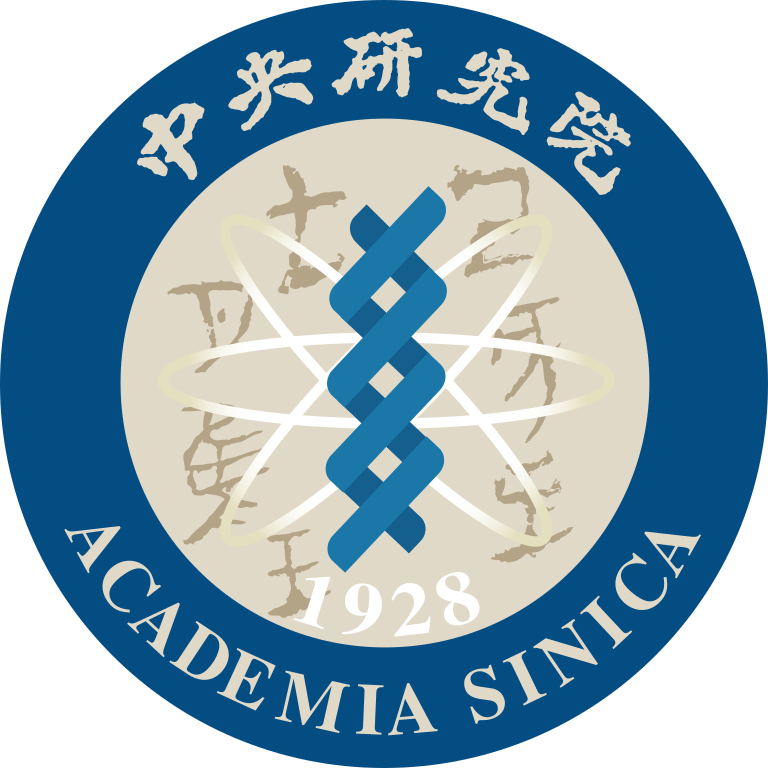Human Therapeutic Antibody R&D Platform
Human antibodies have the advantages of high specificity and neutralizing activity, with low immunotoxicity, leading to fewer adverse effects. Antibody-based therapeutics have become a prominent class of new drugs for treatment of many human diseases, including cancers, autoimmune and infectious diseases. We have established platforms for therapeutic antibody development, including (1) human antibody discovery using a phage-displayed human naïve antibody library, and (2) monoclonal antibody generation from hybridoma. Our phage-displayed human naive scFv and Fab library includes >7 x 1010 individual clones, which are derived from at least 600 non-immunized human donors. We have analyzed the DNA sequences of more than 500 phage clones to verify that the library contains a highly diverse variable gene repertoire. The diversity of our library is comparable to antibody libraries developed by international big-biotech/pharmaceutical companies or institutes such as Cambridge Antibody Technology (CAT), Dyax, or Morphsys (HuCAL®).
This antibody library has been used with combined affinity selection strategies to successfully identify antibodies with high binding affinity (KD = 10-9-10-10 M) against a wide spectrum of target antigens, including pure recoand humanizatmbinant proteins, saccharides, cancer cells and virus particles. To enhance the potential for these antibodies to be used clinically, a phage display-based affinity maturation strategy has been employed to improve the affinity of human and humanized therapeutic antibodies, achieving KD of 10-10-10-11 M. We have obtained more than 30 patents from our antibody research. Several antibody patents have been transferred to biotech companies by Academia Sinica, and four of these patents are being investigated in clinical trials. Therefore, this technology platform has a highly international competitiveness to antibody drug research and development. Currently, several core antibody technologies in our platforms are made available through a customized and optimized antibody engineering service, which facilitates antibody development for research, clinical diagnostics, and therapeutic uses in Taiwan.
Service items
|
109-A1 |
Discovery of human scFv from phage display human naïve scFv library |
|
109-A2 |
Generation of monoclonal antibodies by mouse hybridoma technique |
|
109-A3 |
Identification of antibody epitopes by phage display peptides library |
|
109-A4 |
Identification of VH and VL sequence of antibody |
|
109-A5 |
Antibody humanization |
|
109-A6 |
Antibody affinity maturation |
|
109-A7 |
Production of murine ascites |
|
109-A8 |
Antibody purification from murine ascites |
|
109-A9 |
Construction of IgG expression vector |
|
109-A10 |
Antibody production and purification by suspension mammalian cells systems |
|
109-A11 |
Hybridoma cells culture |
|
109-A12 |
DNA plasmid extraction |
|
109-A13 |
DNA sequence analysis |
|
109-A14 |
Customize services |
|
108-C2 |
Single B cell sorting by BD FACSAria Fusion cell sorter (FACS) |
|
108-C3 |
B cell culture per week |
|
108-C4 |
RT-PCR and nested PCR of single B cell |
Service Price List
https://biotrec.sinica.edu.tw/pages/3473
Contact us
Ruei-Min Lu, PhD. (website)
TEL: 02-7750-5844
E-mail: reminlu@gate.sinica.edu.tw


